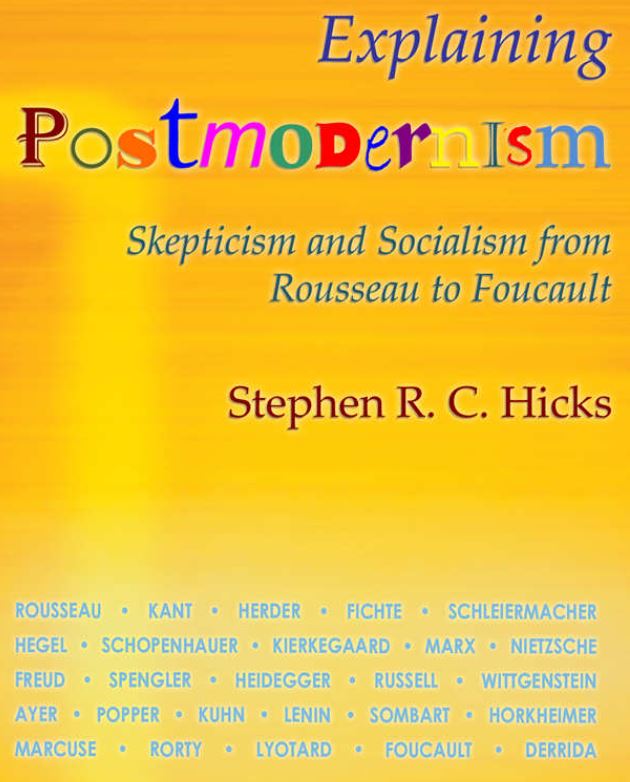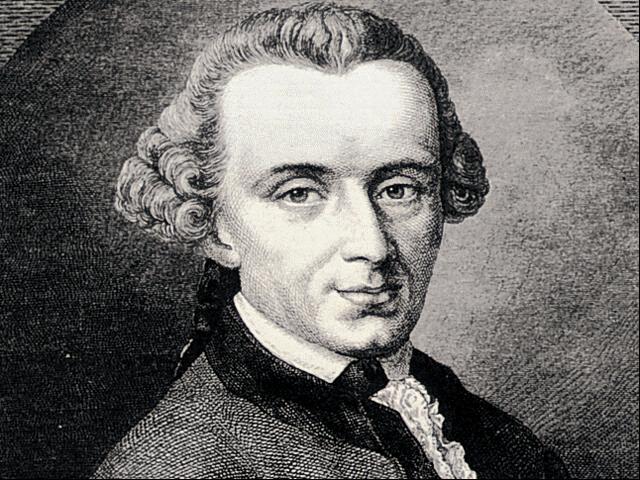“I had to deny knowledge,” wrote Kant in the Preface to the first Critique, “in order to make room for faith.”

For more on the meaning and implications of Immanuel Kant’s contributions to postmodernism, see my Explaining Postmodernism: Skepticism from Rousseau to Foucault (pp. 97-98).
Information about other editions and translations of Explaining Postmodernism is available at this dedicated page.
Further: Kant is a transcendental idealist, not an old-fashioned idealist. He says the world we are aware of is entirely subjective: “If I remove the thinking subject, the whole corporeal world must at once vanish” (Critique of Pure Reason, A383). And of the transcendental world beyond he says we can know absolutely nothing: “The non-sensible cause of these representations is entirely unknown to us” (Critique of Pure Reason, A494/B522). Those three together (idealism, subjectivism, skepticism) form my book’s interpretation of Kant, and its claim that Kant marks the key turning point in explaining the philosophical development to postmodernism over the subsequent generations
